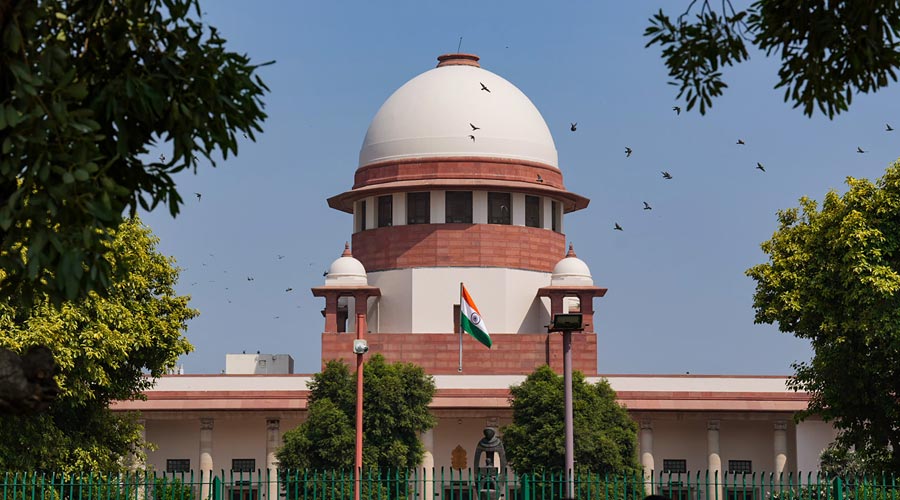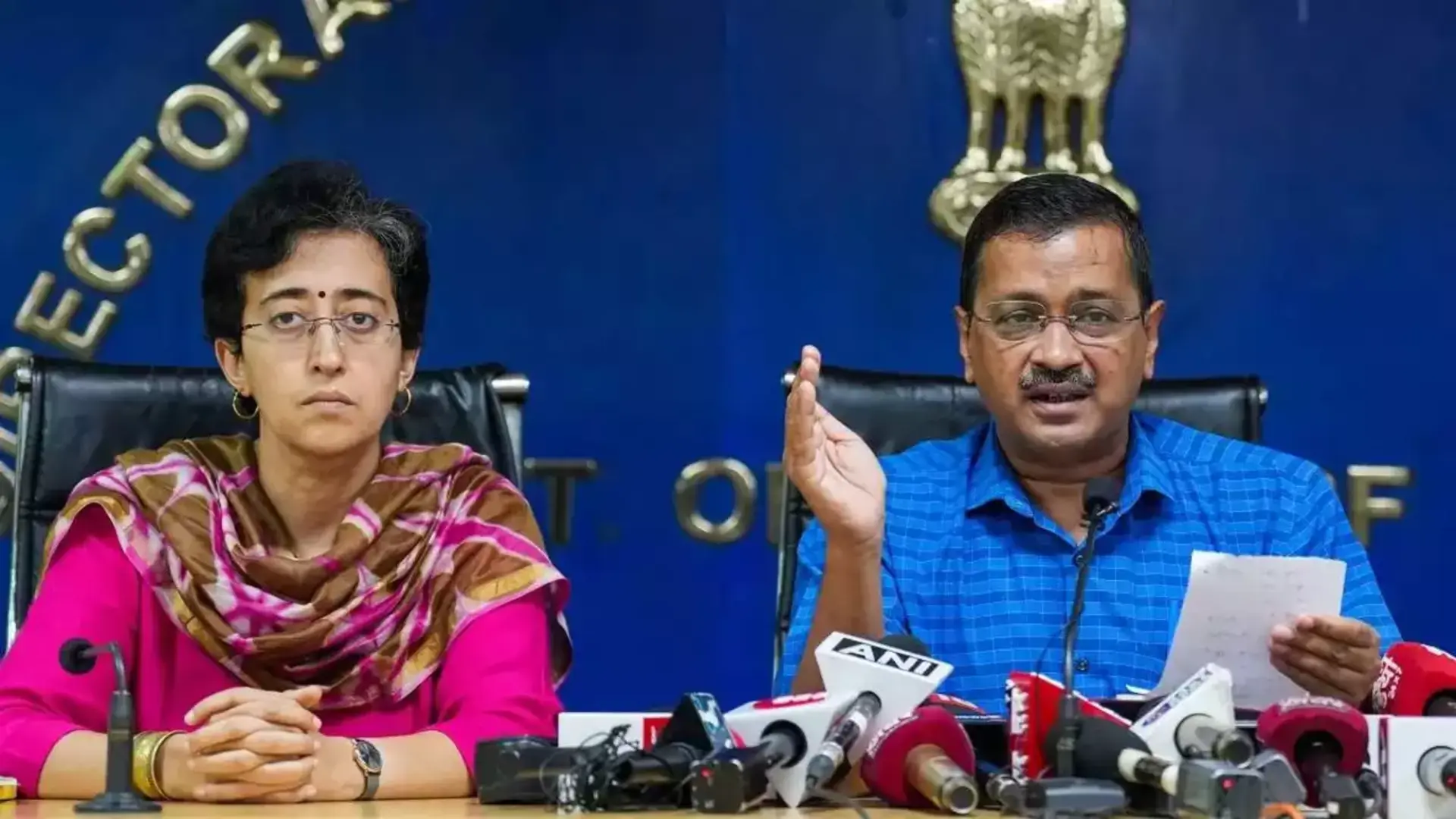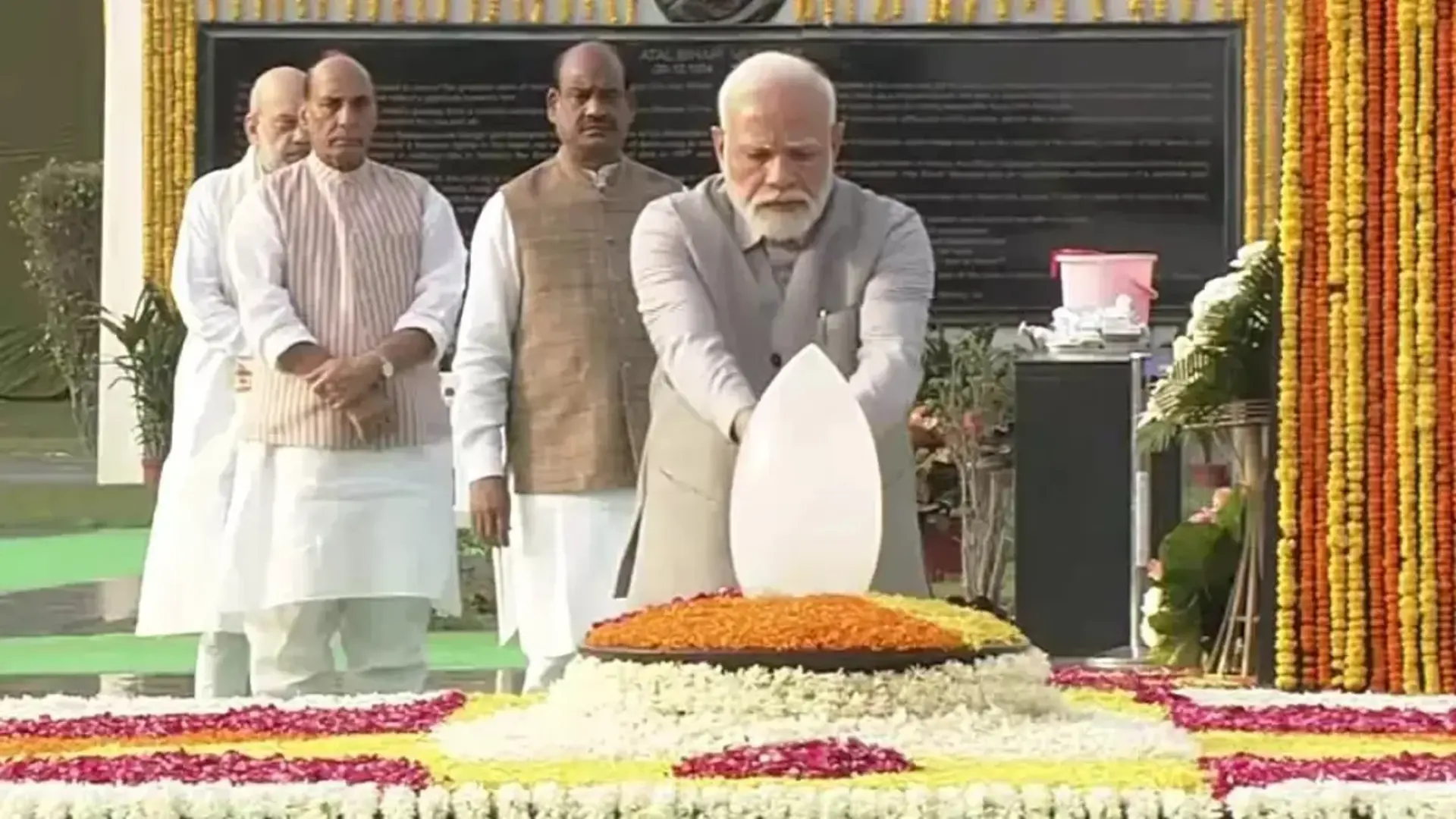The Supreme Court judge Justice Sanjay Kishan Kaul on Monday said that “the mass exodus of the Kashmiri Pandit community changed the very cultural ethos of Kashmir and there has been little turn back despite three decades having gone by since it got triggered by growing fundamentalism fuelled from across the border”,
In his separate verdict, Justice Kaul noted the history of Kashmir, including the “troubled times” of the 1980s, as well as the recent developments.
Justice Kaul was part of a five-judge constitution bench headed by Chief Justice D Y Chandrachud which unanimously upheld the Centre’s decision to abrogate provisions of Article 370 bestowing special status upon the erstwhile state of Jammu and Kashmir.
In his 121-page concurring judgement Justice Kaul also said that “God and nature have been very kind to Kashmir valley. Unfortunately, the human species has not been so considerate. The 1980s saw some troubled times culminating in the 1987 elections, which saw allegations and counter-allegations,”
There was a growth in fundamentalism fuelled from across the border, and the 1971 creation of Bangladesh was not forgotten, he added.
Justice Kaul further stated that “Unemployed and frustrated youth were trained as militia and were sent back into Kashmir to create chaos. It was a major change for people who, irrespective of faith, were known for peace and tolerance. The Kashmiri Shaivism and Islamic Sufism were taken over by such militant tendencies.”
“There was a mass exodus of the Kashmiri Pandit community, threatened for their life and property, changing the very cultural ethos of Kashmir. There has been little turn-back despite three decades on this issue,” he said, adding it was a proxy war on the territory of India with “active support from across the border”, he added
Justice Kaul noted in order to curtail the activities of terrorists, either from across the border or indigenous, the armed forces and paramilitary forces were brought in. “The kidnapping of the daughter of the then Home Minister Mufti Mohammad Sayeed, and her subsequent release in exchange for terrorists detained, lit the last match, which produced such unprecedented fire that it engulfed the whole valley,” he noted.
“The bottom-line is that today’s generation aged 35 years or younger have not seen the cultural milieu of different communities, which formed the very basis of the society in Kashmir,” he added.







